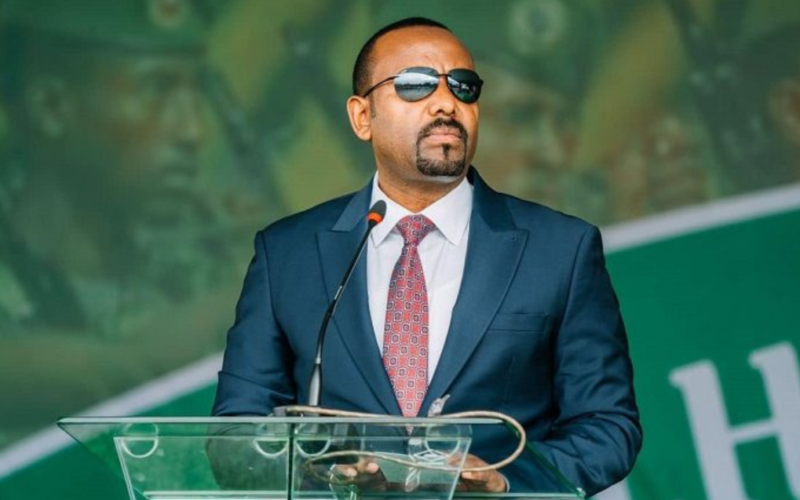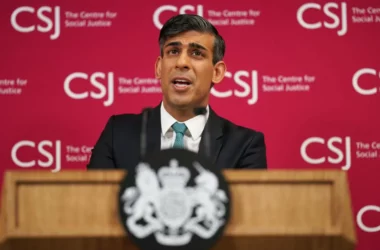Ethiopian Prime Minister Abiy Ahmed has sought to allay the concerns of neighboring nations who fear that Ethiopia might resort to the use of force to secure access to a sea port. His comments came in response to a contentious statement made on October 13, when he asserted Ethiopia’s right to access the Red Sea through peaceful means, thereby increasing tensions in the Horn of Africa and raising concerns of a potential conflict.
One of the main points of contention in this dispute is Ethiopia’s desire to assert its right to access the Red Sea, as it is a landlocked nation. This demand has unsettled regional governments and heightened the risk of further conflict in a region that is already grappling with violence.
Ethiopia’s dispute with coastal Eritrea, which gained independence from Ethiopia in 1993 after a protracted civil war, revolves around the Red Sea access issue. Eritrea has characterized recent discussions on the Red Sea as “excessive” and urged all concerned parties not to be provoked, but it did not directly address Abiy’s comments. The movements of troops closer to their shared border by both Ethiopia and Eritrea have fueled concerns about potential conflict.
To address these concerns, Prime Minister Abiy emphasized Ethiopia’s commitment to peaceful resolutions. He declared that Ethiopia would not resort to invasion or the use of force against other countries, dispelling any doubts regarding his intentions.
In response to the escalating tensions, Eritrea deployed troops near the border with Ethiopia’s Afar region, while Ethiopia made troop movements towards the same border, according to information provided by diplomats and humanitarian sources. These actions have raised alarm bells throughout the region, as there are growing concerns of a further deterioration of relations between the two nations, which could escalate into outright hostility.
This recent friction follows a history of ups and downs in the relationship between Addis Ababa and Asmara. In 2019, Abiy Ahmed was awarded the Nobel Peace Prize for his efforts to end the two-decade-long hostility with Eritrea. Eritrea and Ethiopia then joined forces in the conflict against regional forces from Tigray. However, relations soured once again after Eritrea was excluded from the peace talks that concluded the Tigray conflict in November. Additionally, some Eritrean troops remained in Tigray, creating further tension between the two countries.
The increased strain in relations and Ethiopia’s maritime access demands have ignited concerns throughout the region, with a growing fear that the situation could deteriorate further and potentially lead to a new conflict.
In response to Prime Minister Abiy’s comments, Djibouti, which hosts naval bases for several nations, including the United States and China, declared that its territorial integrity is non-negotiable. It emphasized its sovereignty, signaling its readiness to defend its interests.
The situation remains fluid, with regional and international stakeholders closely monitoring developments in the Horn of Africa amid growing concerns about potential conflict and instability in the region.








